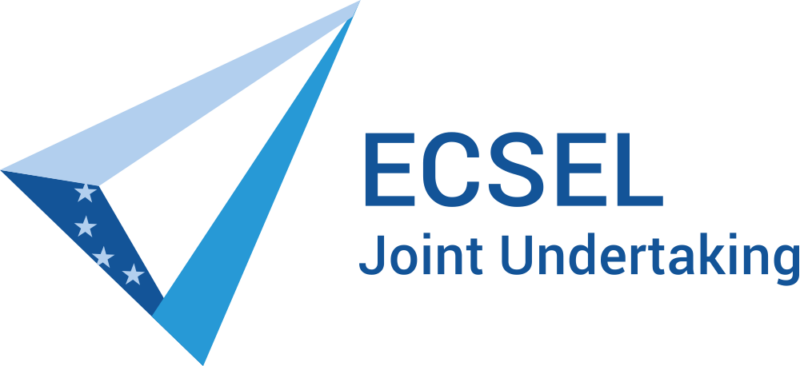Bits, Flips and RISCs
Nicolas Gerlin, Endri Kaja, Fabian Vargas, Li Lu, Anselm Breitenreiter, Junchao Chen, Markus Ulbricht, Maribel Gomez, Ares Tahiraga, Sebastian Prebeck, Eyck Jentzsch, Milos Krstic, Wolfgang Ecker
Abstract: Electronic systems can be submitted to hostile environments leading to bit-flips or stuck-at faults and, ultimately, a system malfunction or failure. In safety-critical applications, the risks of such events should be managed to prevent injuries or material damage. This paper provides a comprehensive overview of the challenges associated with designing and verifying safe and reliable systems, as well as the potential of the RISC-V architecture in addressing these challenges.We present several state-of-the-art safety and reliability verification techniques in the design phase. These include a highly-automated verification flow, an automated fault injection and analysis tool, and an AI-based fault verification flow. Furthermore, we discuss core hardening and fault mitigation strategies at the design level. We focus on automated SoC hardening using model-driven development and resilient processing based on sensing and prediction for space and avionic applications.By combining these techniques with the inherent flexibility of the RISC-V architecture, designers can develop tailored solutions that balance cost, performance, and fault tolerance to meet the requirements of various safety-critical applications in different safety domains, such as avionics, automotive, and space. The insights and methodologies presented in this paper contribute to the ongoing efforts to improve the dependability of computing systems in safety-critical environments.




